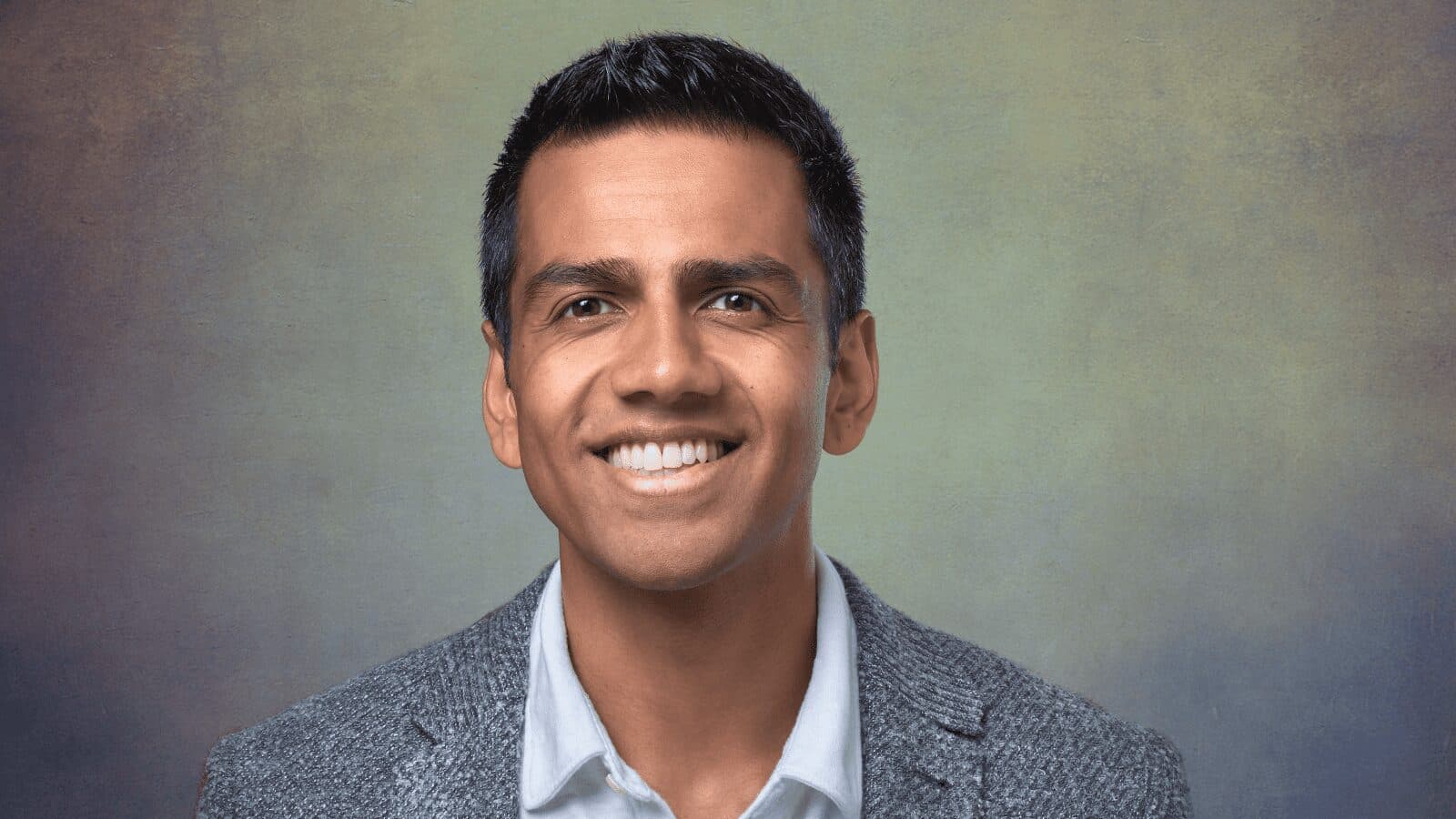New VC Fund To Focus On Crypto Infrastructure Builders
Canonical Crypto’s $20 million fund backed by individuals at a16z, Coinbase Ventures

Canonical Crypto founder Anand Iyer | Source: Canonical Crypto
- Venture capital firm seeks to be the “Gucci” of early-stage crypto infrastructure investing, Canonical Crypto founder says
- Fund intends to make 40 to 50 investments to support developers building in Web3
A newly launched venture fund backed by prominent crypto and tech investors is aiming to support developers making the transition from Web2 to Web3.
Canonical Crypto — led by longtime Silicon Valley operator Anand Iyer — said Thursday it raised $20 million in an oversubscribed round for its inaugural fund.
Backers include Coinbase Ventures’ Shan Aggarwal and a16z’s Marc Andreessen and Chris Dixon, as well as Haseeb Qureshi from Dragonfly Capital and Amy Wu of FTX Ventures.
Iyer, who most recently led crypto investments at Pear VC, said the fund will focus exclusively on pre-seed and seed-stage companies building better infrastructure to support Web3 decentralized applications.
He noted his years of experience creating developer go-to-market strategies, which he said remains “an open space.”
“It feels like we are in the ‘airport’ phase of crypto infrastructure; we have lots of airplanes, not enough airports,” Iyer told Blockworks. “We are paying particularly close attention to tooling and infrastructure to support developers building in Web3.”
Canonical Crypto intends to make 40 to 50 investments in this fund, ranging in size from $250,000 to $500,000. It has so far backed NFT (non-fungible token) marketplace Formfunction; Web3 communication infrastructure provider Notifi; data infrastructure company Vybe Network; and Thirdweb, which offers low-code solutions for building Web3 dapps.
“The check size and commitment seem to be a really good fit,” Iyer said. “I foresee raising future funds around the same size as our inaugural fund so that we can continue to be the ‘Gucci’ of early stage crypto infrastructure investing.”
Despite a downturn in crypto markets in recent months, JPMorgan analysts wrote in a report last week that year-to-date crypto venture capital funding stood at $25 billion. Even after the collapse of Terra’s stablecoin UST last month, which rattled crypto markets, “there is little evidence of VC funding drying up,” they added.
Also last week, a16z revealed its $4.5 billion raise for the largest-ever crypto venture fund, with $1.5 billion of that earmarked for seed investments in Web3 startups.
Get the news in your inbox. Explore Blockworks newsletters:
- The Breakdown: Decoding crypto and the markets. Daily.
- 0xResearch: Alpha in your inbox. Think like an analyst.






